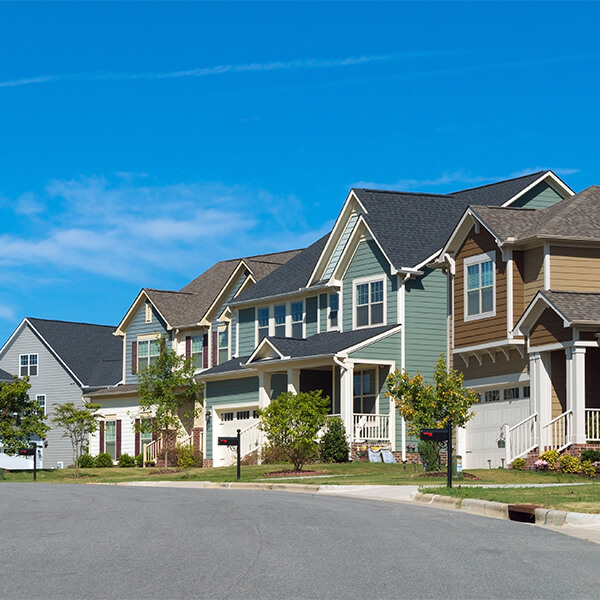As a homeowner, it’s important to take the necessary steps to ensure your home is safe and healthy for you and your family. One potential danger that you may not be aware of is radon, a naturally occurring radioactive gas that is created when uranium in the soil breaks down. This colorless odorless gas can seep into homes through cracks in the foundation, walls, and floors, and build up to dangerous levels. In fact, radon exposure is the second leading cause of lung cancer in the US, causing an estimated 21,000 deaths each year.
Radon Testing & Mitigation
If a home in your neighborhood has tested positive for indoor radon, it’s crucial to take immediate action to protect your own home. The first step is to have your home tested for radon. While do-it-yourself test kits are available at most hardware stores, enlisting the services of a certified Radon Measurement Professional (RMP) is the best way to obtain accurate and detailed testing results. An RMP will place radon measurement devices throughout your home for 2-4 days to collect samples, which are then analyzed in an independent laboratory, with results available within 48 hours after sample delivery.
If your radon test results come back high, it’s time to bring in a professional to install a radon mitigation system. Radon mitigation involves installing a specialized ventilation system that expels the radon gas from beneath the foundation of your property before it can enter your home. While the cost of mitigation will vary depending on the type of system and complexity of design required, it is a crucial investment in protecting the health and safety of your family. Do not delay in addressing this problem if you discover radon in your neighborhood.
Is Radon Testing or Mitigation Covered by My HOA?
Homeowners often have questions about radon testing and mitigation, especially when it comes to the costs associated with these important safety measures. One factor that can impact these costs is whether your Homeowners Association (HOA) covers radon testing and mitigation as part of its regular maintenance and repair expenses. Unfortunately, there is no universal answer to this question, as the coverage offered by HOAs can vary widely depending on the specific rules and regulations of each association.
Some HOAs may include radon testing and mitigation as part of their standard maintenance and repair services. In these cases, homeowners may not have to worry about the costs associated with testing or mitigation as they may be covered by their regular HOA fees. However, other HOAs may not include these services, leaving homeowners responsible for paying for radon testing and mitigation out of pocket. To determine what, if any, coverage is available, homeowners should review their HOA’s governing documents or speak with their HOA board.
Frequently Asked Questions About Radon
If a home in your neighborhood has tested high for indoor radon, it’s important to take action to protect your own home. Contact the NRPP Certified Radon Measurement Professionals at Southwest Radon Eliminators!
